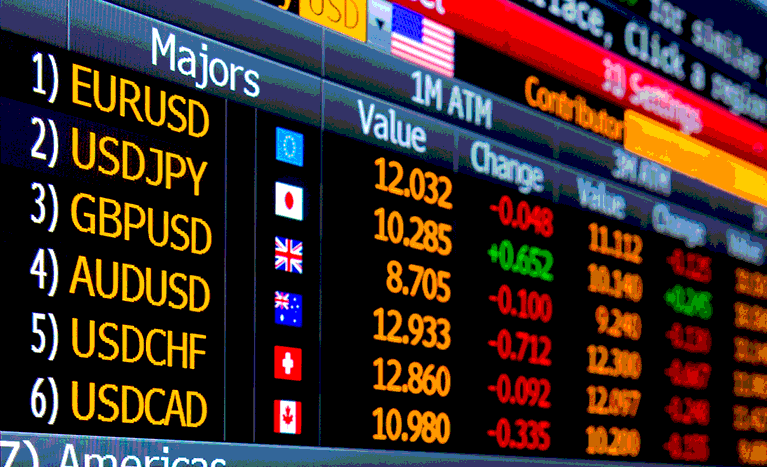Many forex traders use both fundamental and technical analysis trading tools. However, some traders prefer to use one to the other. Using technical analysis tools involves touting overbought and oversells patterns alongside different trading chart patterns to monitor the market trends.
On the other hand, fundamental analysis involves trading based on currency demand and supply influenced by global aspects. This article explores the global factors that influence the demands and supplies of currencies in forex trading.
Global factors that influence currency demand and supply
· Central Banks and other major commercial banks worldwide
The most likely hotspots for fundamental analysis trading are central banks and other major commercial banks with vast rundown of actions. Some of these actions include lowering and raising interest rates, keeping them the same, providing recommendations on any changes, introducing non-customary policies, intervening for others or themselves, printing of new currency, and revaluing their currency.
Central bank’s fundamental analysis process is a cycle that involves going through speeches and statements to make financiers anticipate their best course of actions. The Federal Reserve Bank-the American Central Bank has the most considerable influence in currency trading worldwide. Other large commercial banks with the enormous capital flow that influence the world’s forex market include Citibank, Barclays, Deutsche Bank, UBS, and JPMorgan.
· Economic events and Releases
Forex Trading based on economic events and releases is challenging even to the most skilled traders. The reason for this is that even the best minds at the most significant investment banks all over the world cannot precisely predict or foresee a future economic release.
Even though these great minds have the most significant models that put different aspects into perspective, they can still go wrong with their predictions or forecasts, explaining why markets become brutally volatile after critical economic events and releases. Many of the financial backers agree with the experts, and ordinarily, before the economic release, markets move towards the consensus direction.
Suppose the consensus neglects to anticipate the outcome of the result. In that case, the market will move towards the direction of the actual outcome, which implies that if the release or event were superior to the consensus, there would be a positive reaction. If the release or event does not live up to the consensus result, the response will be negative.
The secret to the fundamental trading of economic events and releases is to make a sound decision on when to commit. You need to know whether it will be better for you to trade before or after the figures’ release, which both come with benefits and limitations. Trading before an economic release allows you to exploit the consensus assumption flow. However, other major global events can influence the market much more than the consensus reading.
Trading before an economic release implies that you are flipping a coin without being sure whether the actual release will be worse or better than the consensus, which could lead to significant losses if you get it wrong. Some of the most volatile economic releases and events that influence fundamental trading include- Non-Farm Payrolls (NFM), Gross Domestic Product (GDP), Consumer Price Index (CPI), Product Price Index (PPI), Rate of Unemployment, Capital entering and exiting the market, and many more.
· Seasonal factors
Seasonal irregularities that have nothing to do with weather are other issues that affect fundamental trading. One good example is what happens at the end of a calendar year where several investors sell their equities that showed decline through the year to guard their taxes by claiming capital losses.
Sometimes it becomes gainful to leave positions before the selloff of the year starts. The following year, January and investors create the January effect phenomenon by returning to equities in plenty.
· Geopolitical tensions
Global and community conflicts are everyday tensions that change the demand and supply of many tradable goods, thus influencing fundamental trading. Predicting the conclusions of geopolitical tensions can help a trader to get ahead with their fundamental trading.
Wrapping it up
Forex traders that choose fundamental trading over technical analysis tools should be ready for the above challenges that make trading difficult. While some of the factors are long-lasting, others last for a short period. Moreover, it is rewarding for those that have the patience and willingness to do it. Besides the above factors, other fundamental issues also limit fundamental trading. However, once you are knowledgeable, you can stay rise above the issues for successful trading.


Comments are closed